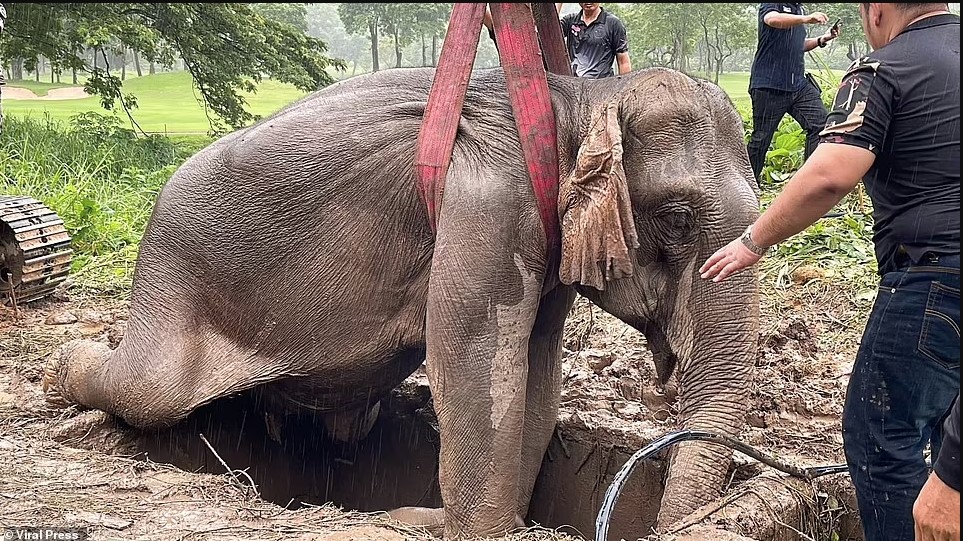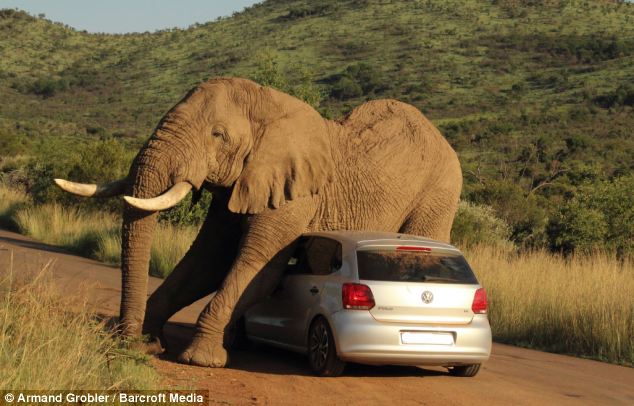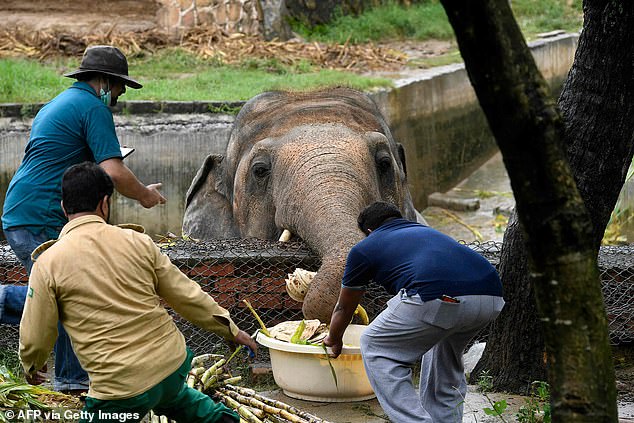ANIMAL Aid director Andrew Tyler said: “The definition of torture is to extract information from a subject through violence and stress. To me this is torture.”
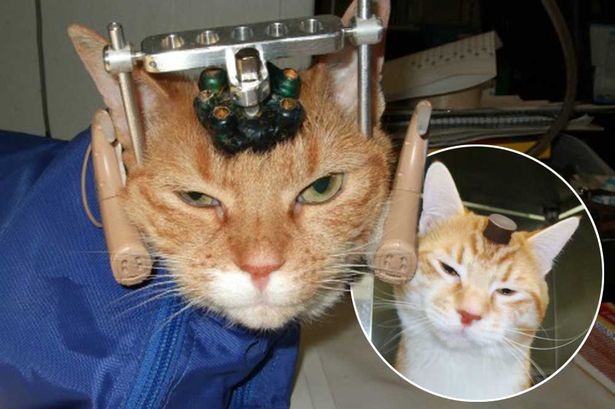
LAB test cats were paralysed, had their skulls broken and had electrodes stuck in their brains, ribs and around their spines in harrowing experiments at a university.
The animals were being used by scientists to understand the human body better, but they were forced to endure cruel procedures before many were killed.
Tonight the Animal Aid director Andrew Tyler blasted the experiments.
He said: “The definition of torture is to extract information from a subject through violence and stress. To me this is torture.
“These are disgusting, abusive and medically useless experiments. They have been going on for decades when there are plenty of alternative methods which don’t involve suffering and abuse.”
It comes a week before campaigners ask the Government to ban tests on cats.
In one three-day round of experiments at University College London, 11 cats had parts of their skulls removed.
They were paralysed as electrodes and stimulating probes were inserted into their brains to measure what they saw.
Much research in cats relates to the eye, as there are similarities with humans.
In a second set of tests a plate was screwed onto the skulls of 10 kittens and they were placed face-down with clamps on their backs and above the pelvis.
Incisions were made to insert electrodes into nerves around the spine and rib cage and part of the spinal cord was exposed. Finally part of the skull was removed so an electrode could be inserted to measure brain activity.
All cats were anaesthetised and at least half were given a fatal overdose afterwards.
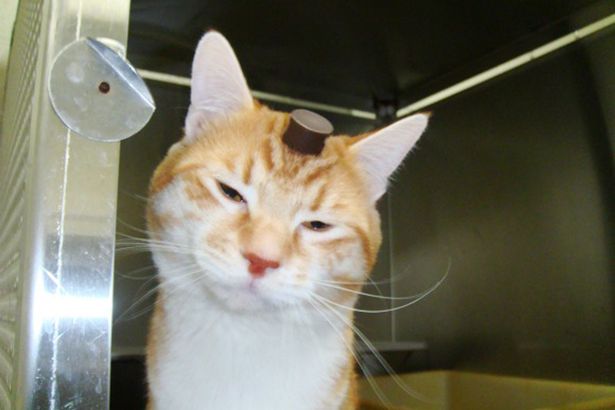
Wendy Higgins, of Humane Society International, said the cats would have “undoubtedly suffered considerably”.
She said: “People will be shocked to learn that animals lare being treated like disposable research tools, but what makes it truly immoral is that these animals are losing their lives in experiments that have little scientific credibility whatsoever.
“Inserting electrodes into kittens’ brains does not represent advanced 21st century science and it’s time we consigned this type of cruel and out-dated research to the history books. This is science at its worst.”
And the British Union for the Abolition of Vivisection – which is delivering a document to the Home Office on testing on kittens within days – believes the methods are cruel and of little benefit.
BUAV chief Michelle Thew said: “Much research is of limited, if any, direct applicability to humans. We are calling on the Government to end the cruel use of cats in UK labs.”
Scientists insist research where animals share genetic similarities with humans is vital to develop life-saving treatments.
Academic papers on the tests were published last year but UCL could not confirm when they were carried out.
Lobby group Understanding Animal Research insisted there were benefits to animal experiments.
Chief Wendy Jarrett said: “Cats can only be used if no other animal, such as a mouse, rat or fish, can be used.
“You cannot cure a disease unless you understand how bodies work. The cats were under anaesthetic, so from their perspective they simply went to sleep.
“Those of us with pet cats need to remember that our pets’ vaccinations were all developed using animal research.”
In the five years up to 2012, 1,034 cats in the UK used in 1,612 experiments. Two years ago Cardiff University revealed its scientists had sewn up the eyes of kittens to research a lazy eye condition.
A host of celebrities have joined the call to ban testing on cats, including comic Ricky Gervais and TV’s Chris Packham and Kirsty Gallacher.
Ricky said: “They share our homes, they are loving, loyal and playful and they deserve a safe, happy life, not one of suffering. That’s why I am supporting the campaign, to bring a stop to the suffering of cats in laboratories.”
A UCL spokeswoman insisted there had been no “non-animal alternatives” and that tests were vital for understanding medical treatments and “biological processes”.
She said: “The studies passed ethical review processes and were approved by the Home Office. The work ended, there are no current projects involving cats.”




